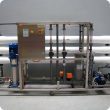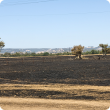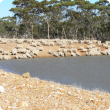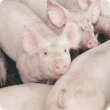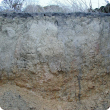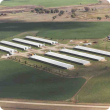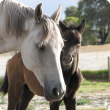Filter by regions:
- (-) Remove Perth regions filter Perth regions
- South West (748) Apply South West filter
- Peel (723) Apply Peel filter
- Great Southern (700) Apply Great Southern filter
- Mid West (606) Apply Mid West filter
- Wheatbelt (571) Apply Wheatbelt filter
- Goldfields-Esperance (518) Apply Goldfields-Esperance filter
- Gascoyne (433) Apply Gascoyne filter
- Kimberley (369) Apply Kimberley filter
- Pilbara (359) Apply Pilbara filter

